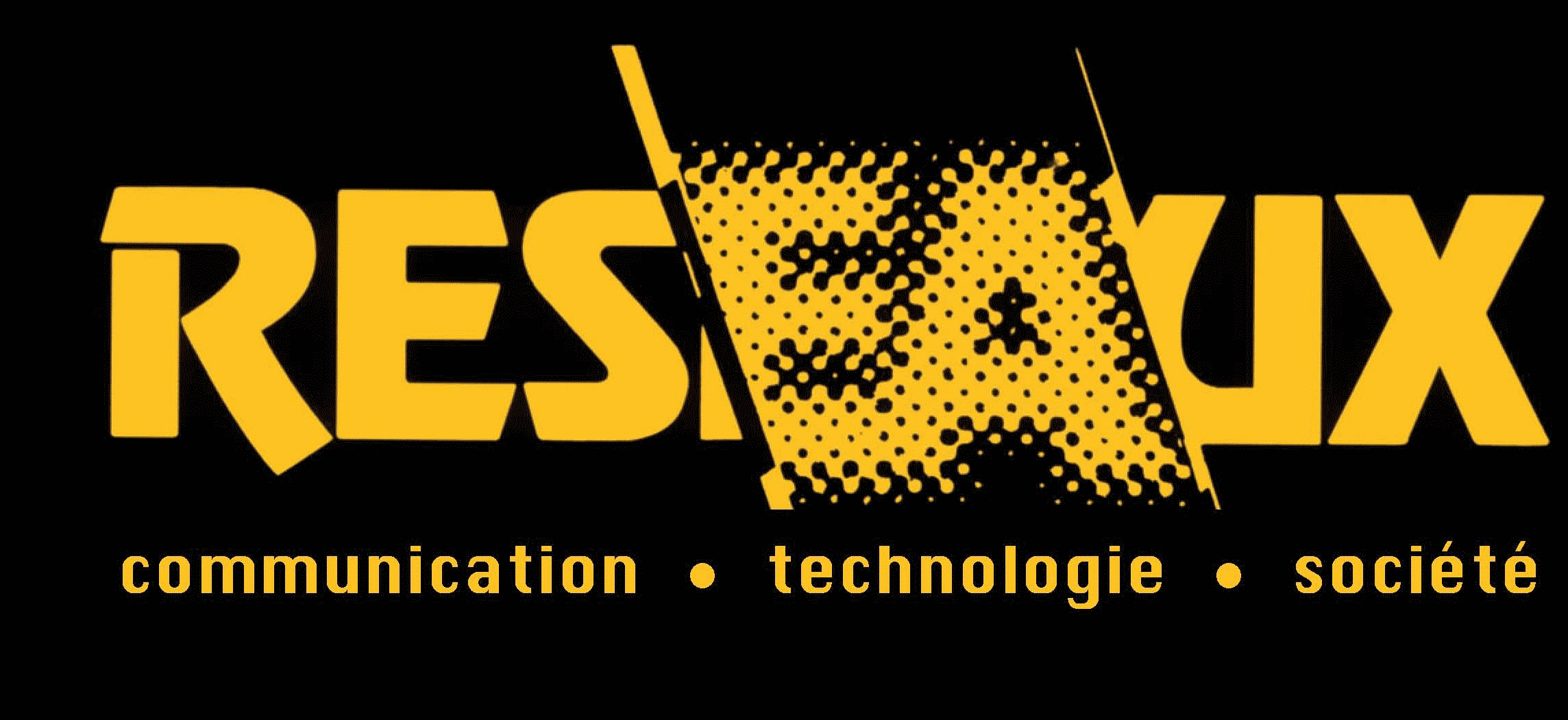The Electron, Modernity and State Engineers
The electron, which first appeared in the mid-1890s in some physicists’ work, completely redefined the nature of electricity and became the emblem of “modern” science that departed from “classical” science approaches. The individuals and collectives that held onto these approaches in France were mostly trained in engineering schools. This article examines their reactions to the intellectual and political critique addressed to them by advocates of the electron. Rather than refusing the electron, they reinterpreted it to incorporate it into their own symbolic and institutional world revolving around mathematical theories and measuring instruments. These attitudes made sense in the more general context of electro-technology as reorganized by state engineers in its knowledge and equipment. By playing on rationalizing imaginaries, the spread of electrical networks promised a socially pacified and economically stabilized future, thanks to the control exercised by the technical elites safeguarding the common good. A new version of the old technocratic and industrialist project was finally envisaged for electricity. Neither radical nor conservative, but rather progressive and continuist, it marginalized the subversive impact of the electron, confining its possible upheavals to a distant and improbable future.
Keywords
- critique
- electrification
- innovation
- modernization
- positivism
- quantification
- technocracy
